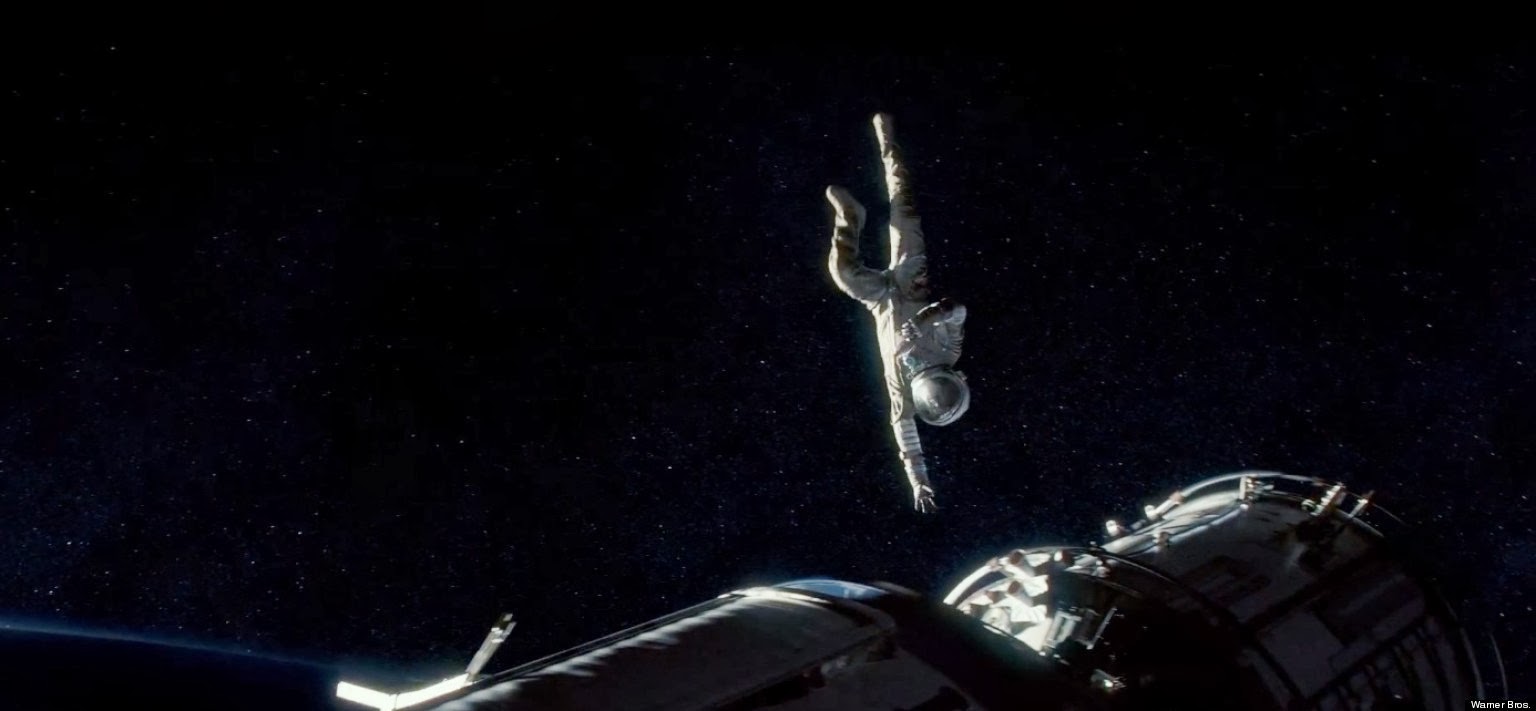Here we are again, back in Middle Earth for the second chapter of the rip-roaringest dwarf-filledest adventure ever filmed! Last week the only thing on anybody's mind was The Hobbit: The Desolation of Smaug, and of course this writer was there with the rest of you to partake in the spectacle. Although I was a titch skeptical going in, I feel that these movies have found an appropriate place within the canon, and it was enjoyable besides.
We pick up here where we left off before, following our intrepid dwarf band to the Lonely Mountain. They of course have some jolly adventures along the way (LEGOLAS!), culminating in their confrontation with the titular dragon.
I said I had reservations going in, and they were these: that there would be enough story for three full movies, and that the lighter tone would become cartoony. Concerning both of these I had an epiphany in Lake Town. This trilogy is a prequel series in a kind of legendary sense. In incorporating extra material into The Hobbit, Peter Jackson and company have crafted a sort of mythological backstory to The Lord of the Rings. Hence, its lighter tone and exaggerated action are appropriate, because that is what you do with legends. The Lord of the Rings trilogy is more "realistic" and grounded, and deals with much deeper themes. The Hobbit trilogy is Bilbo's account of things that influence those later events, but they are fairly distant by the time he records them. In the world of Middle Earth, The Lord of the Rings can therefore be considered more of a "true" record, and The Hobbit more of a fictionalized account of things that few living people remember.
Obviously it is a little silly to talk about two equally-fantastical stories in such journalistic terms. I know neither story is real, in case you were worried.
To shift gears, I thought the confrontation with Smaug was fairly-nearly worth the wait. Benedict Cumberbatch is an excellent casting choice, and he relishes every line. Many have spoken about the addition of Tauriel, so I will only add that I do not think it is necessarily heretical since she adds an emotional element to the story previously absent, but also signals a new concern brewing in me. That is, is this story still Tolkien's story? Many adaptations are substantial departures from the source, but Jackson's gang has done so well remaining true to Tolkien's work that to move away from it at this point could be a foolish thing. Also, the location tag at the beginning and especially the barrel-mounted camera took me out of the world pretty jarringly.
So overall, I will say that The Hobbit: The Desolation of Smaug was fun, exciting, and a perfect way to escape into everybody's favorite fantasy world. I have concerns going into the finale next year, but I am also confident now in the trilogy's role.
The Hobbit: The Desolation of Smaug features Martin Freeman, Richard Armitage, Ian McKellen, Benedict Cumberbatch, Orlando Bloom, and Evangeline Lilly, and is rated PG-13 for the creative dispatch of many many orcs.
Director: Peter Jackson
Writers: Fran Walsh, Philippa Boyens, Peter Jackson, and Guillermo del Toro




